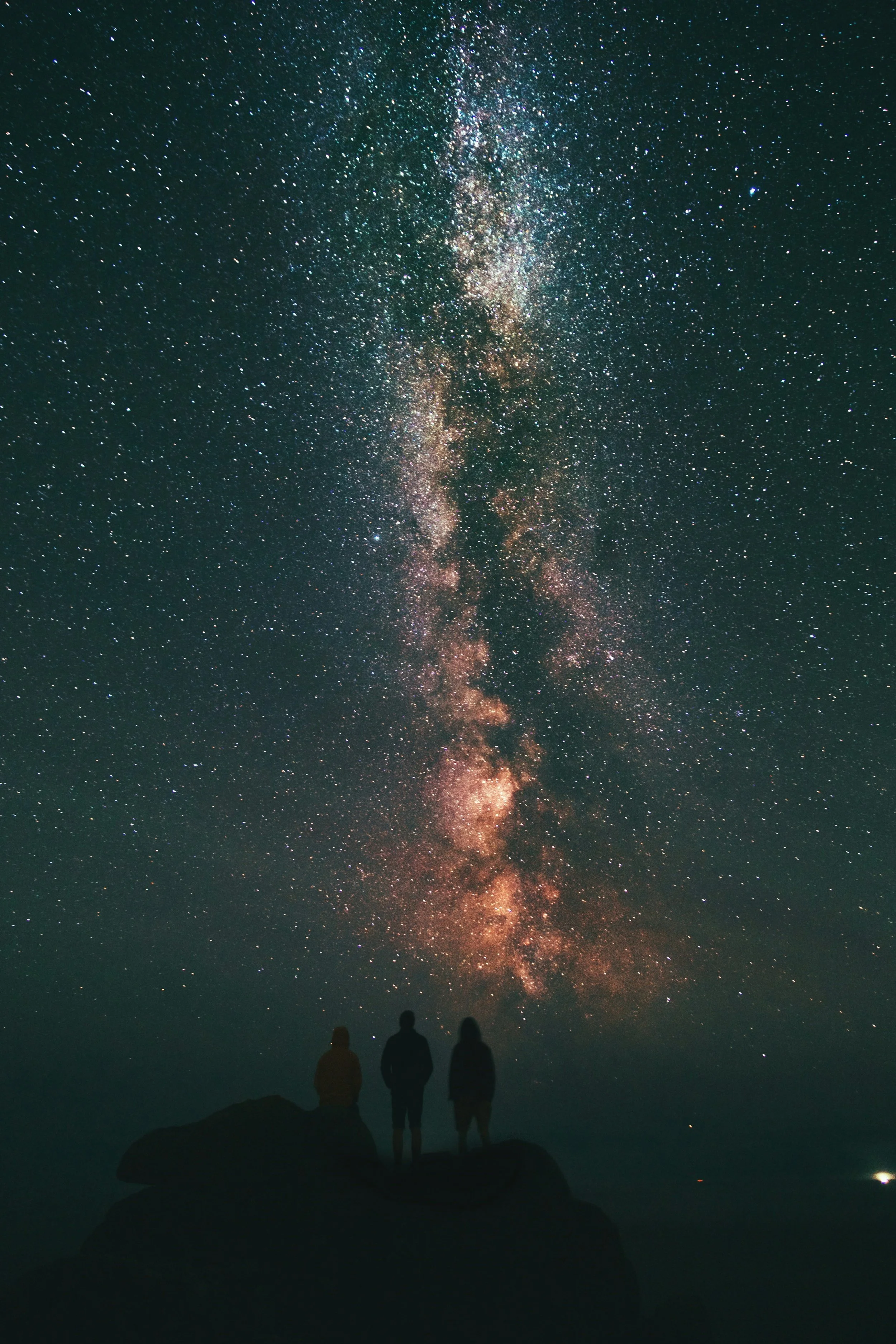After the wise men were gone, an angel of the Lord appeared to Joseph in a dream. “Get up! Flee to Egypt with the child and his mother” …That night Joseph left for Egypt with the child and Mary, his mother Matthew 2: 13-14
echoes and consequences
A sudden, jarring departure : movement, urgency, adrenaline pumping. Angels giving clear instruction. Get up and go! Darkness of night, danger, no time to waste. Flee! Echoes of Israel’s flight from Egypt centuries before.
An unprepared-for wilderness journey : danger, isolation, barrenness, dust, complete vulnerability. Equally, deliverance, safety, encounter, miraculous provision. Echoes of Hagar’s flight and desert wanderings. “Have I truly seen the One who sees me?” Genesis 16: 13
A surprising, welcome refuge on the weary path : a lush tree, thick shade, flowers, fruit, hidden sources of water, oasis. An invitation to rest, refreshment, play, protection. Echoes of Eden.
Did Mary ever imagine all this when she gave her Yes! to the messenger? I am the Lord’s servant…
Did Joseph ever imagine all this when he gave his Yes! to the messenger? He took Mary as his wife…
Twists and turns, fears and joys, light and darkness. All consequences of saying a curious, whole-hearted Yes! to Life.
Questions
Using my imagination, I am invited to sit and enjoy rest with the Holy family under the desert tree.
What echoes in my heart? What signs of hope and new life do I notice?
Caroline Tyler
Desert rose in bloom, Caroline Tyler
Come, thou long expected Jesus,
born to set thy people free;
from our fears and sins release us,
let us find our rest in thee.
Israel's strength and consolation,
hope of all the earth thou art;
dear desire of every nation,
joy of every longing heart.
-Charles Wesley





